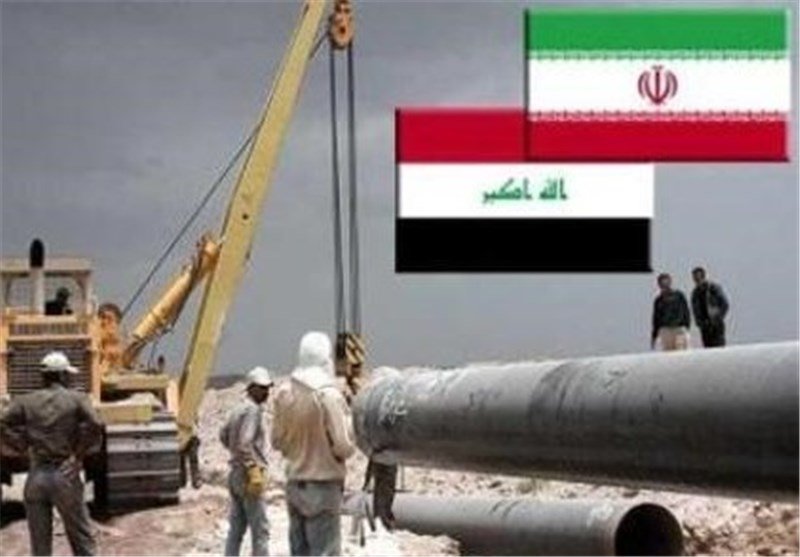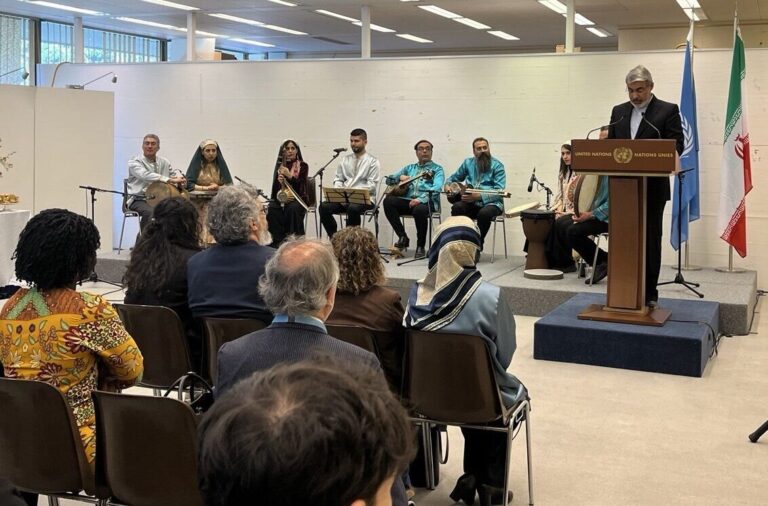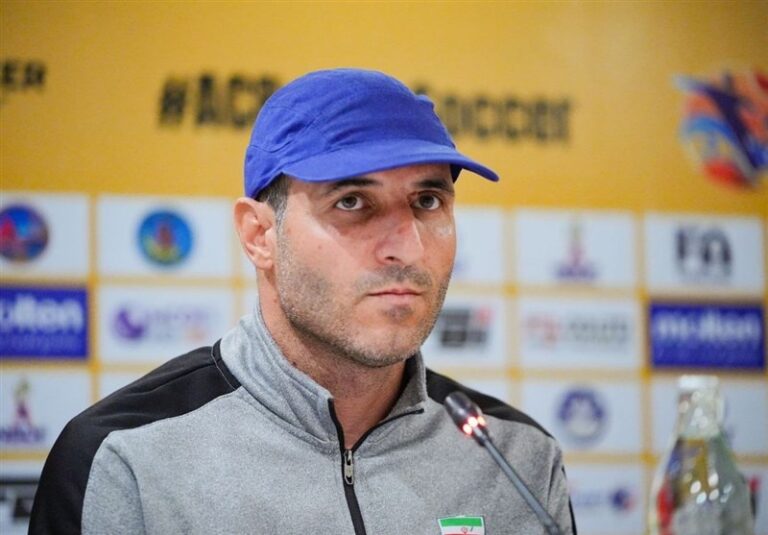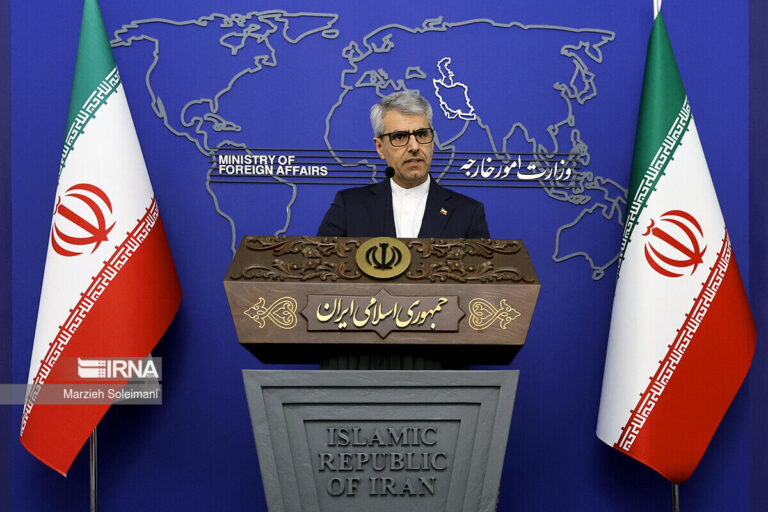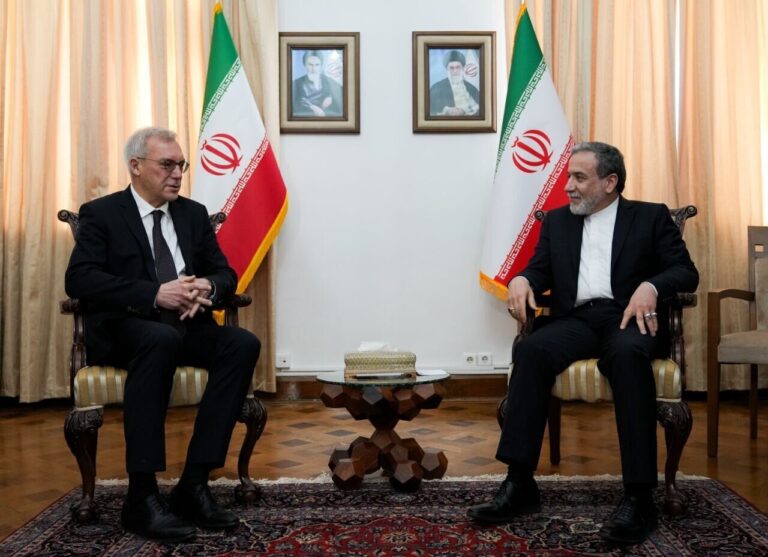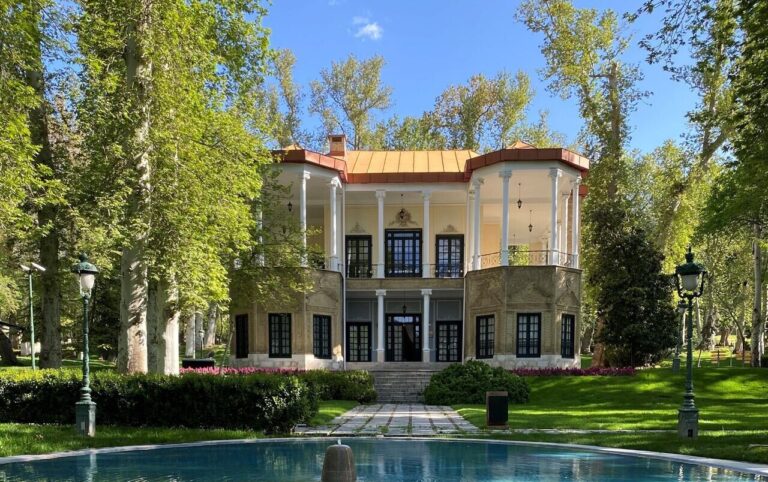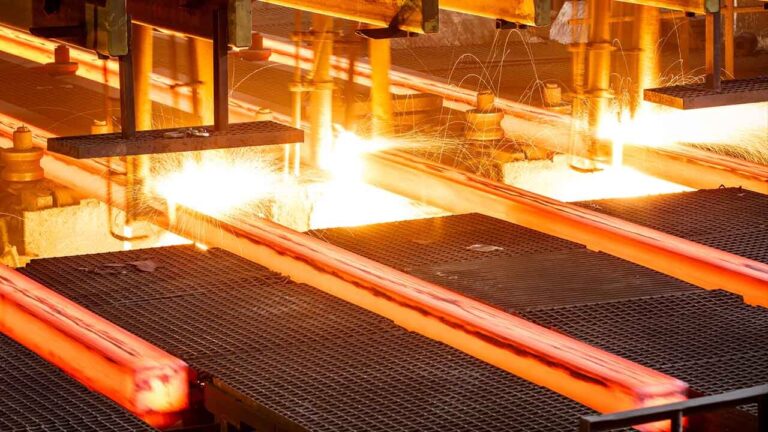Iraqi Expert Warns: No Substitute for Iran’s Imported Gas in Energy Landscape
In a recent discussion on an Iraqi television program, energy expert Heitham Naimi addressed a pressing question regarding the dependency on Iranian gas. His insights shed light on the complexities of energy supply in Iraq and the challenges the country faces in seeking alternatives.
During the segment, Naimi stated, “Everyone asks me if there is an alternative to Iranian gas? My answer is no, there is no alternative for Iran’s gas.” This statement underscores Iraq’s reliance on Iranian gas for its energy needs, a situation that has significant implications for the country’s energy security.
Naimi elaborated on Iraq’s previous gas imports, saying, “Iraq used to import 1,800 cubic meters of gas from Iran each day.” This figure highlights the substantial volume of gas that Iraq has depended on, which reflects the broader context of the region’s energy dynamics.
While discussing potential alternatives, Naimi pointed out the geographical proximity of Qatar. He mentioned, “The nearest country that can supply us with gas is Qatar, but we cannot import gas from this country due to the lack of infrastructure.” This statement reveals the challenges that Iraq faces in diversifying its energy sources, particularly the infrastructural limitations that hinder gas imports from neighboring countries.
Here are some key points regarding Iraq’s gas dependency and the challenges of finding alternatives:
- Dependence on Iranian Gas: Iraq’s historical reliance on Iranian gas has created a significant dependency that poses risks to energy security.
- Volume of Imports: The country has been importing an impressive 1,800 cubic meters of gas from Iran daily, highlighting its critical role in meeting energy demands.
- Limited Alternatives: The lack of viable alternatives to Iranian gas emphasizes the need for strategic planning in Iraq’s energy sector.
- Qatar’s Proximity: Although Qatar is a potential supplier, logistical and infrastructural challenges prevent Iraq from tapping into this resource.
Naimi’s commentary reflects a broader concern among Iraqi energy experts regarding the future of the country’s energy supply. The strategic importance of Iranian gas to Iraq cannot be overstated, especially in light of the ongoing regional tensions and the quest for energy independence.
As Iraq continues to navigate its energy landscape, the importance of developing robust infrastructure cannot be overlooked. Without the necessary pipelines and facilities, the country may find itself at a standstill in terms of diversifying its energy sources.
Furthermore, the implications of reliance on a single source of gas extend beyond mere supply issues. They also encompass economic stability, diplomatic relations, and national security. Iraq’s energy policies will need to evolve to address these multifaceted challenges effectively.
In conclusion, Heitham Naimi’s insights on Iraqi television have sparked important conversations about the future of the country’s energy supply. The ongoing dependency on Iranian gas poses significant challenges, and while Qatar presents a potential alternative, the infrastructural hurdles remain a critical concern. As Iraq looks to secure its energy future, a comprehensive strategy focused on infrastructure development and diversification of energy sources will be essential.
Ultimately, the dialogue surrounding Iraq’s energy landscape is crucial not only for national interests but also for regional stability. The need for a sustainable and diversified energy policy is more pressing than ever, as Iraq strives to balance its energy needs with the realities of the geopolitical landscape.
